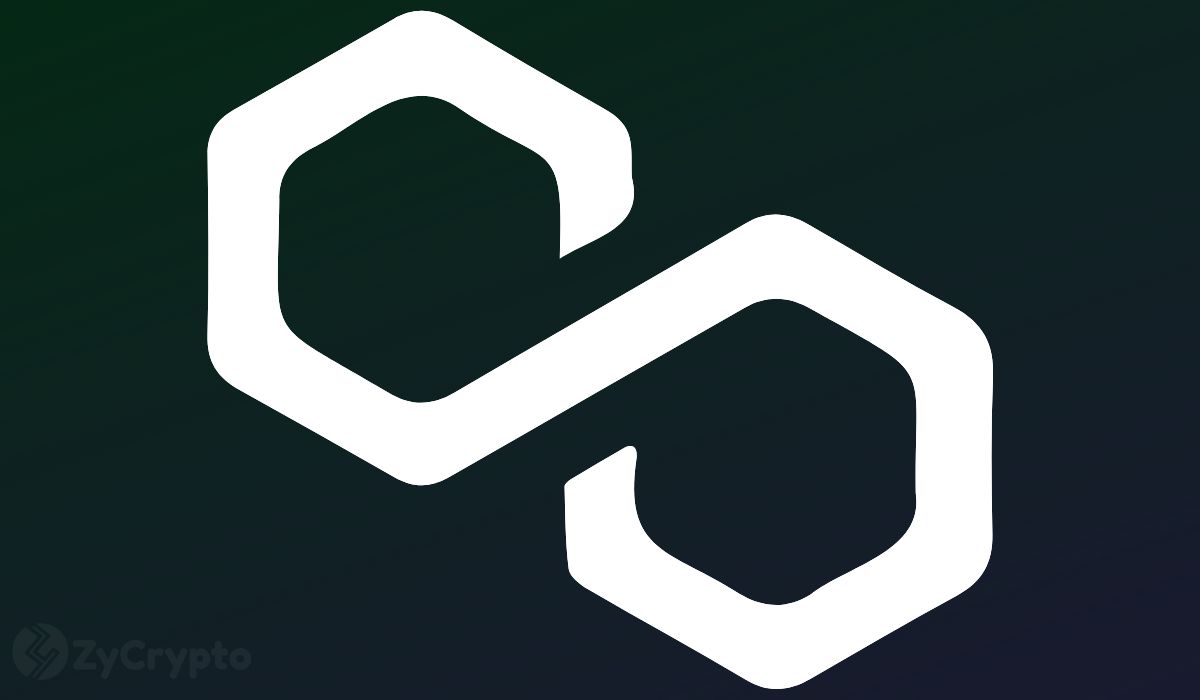
2023-3-3 23:01 |
Polygon, Ethereum’s layer-2 scaling solution, has launched a decentralized identity solution that provides the tools for developers to create self-sovereign, decentralized, and private identity solutions enabled with zero-knowledge proofs.
Polygon ID went live on March 1 as an open-source licensed platform that is entirely self-service. According to the project developers, the integration of the zero-knowledge proofs allows users to verify credentials without revealing their data.
“The Polygon ID team is excited to announce four tools have been released in the Polygon ID Identity infrastructure to build a more equitable internet that places identity at the center of it,” Polygon wrote on Twitter. The tools developers can integrate as decentralized identities into their apps include verifier SDK, Issuer Node, Wallet SDK, and Wallet App.
The new platform is touted to solve the problems developers face in managing user data with greater control over online identifications, especially the information shared with private and public institutions. According to Polygon, off-chain data is applicable for trustless on-chain verifications in the new offering, a significant milestone in enabling trust and verifications in a user-friendly environment.
Polygon ID use casesAmong the use cases, Polygon ID can help developers by enabling their users to prove they are human without disclosing personal data. They can also integrate zero-knowledge proofs in off-chain data, like identity cards, traffic licenses, or college certificates. More importantly, the team outlined how one can benefit from passwordless logins – a Polygon ID application – to protect their digital platforms against hackers.
The projects already using Polygon ID include the p2p payments platform DePay, the digital passport app Clique, and the token gating Guild.XYZ. Top gaming platform and metaverse ecosystem, the Sandbox, has also integrated Polygon ID.
Polygon has cited use cases for its new offering in the e-commerce sector. With the increasing online purchases of goods and services, it stated, the service providers in the sector can cut the cost of handling unnecessary customer data using Polygon ID. On the other hand, the identity retrieval system enables minimum data to be shared cryptographically under a secure embedded access control for undercollateralized lending.
With the rising cases of identity theft in the information stored by third parties, Zero-knowledge proof, which first appeared in a 1985 paper, is increasingly becoming relevant. The need to reveal information is removed by using a statement, called witnesses, as proof of the validity of the information shared that contains guarantees it is true.
origin »Bitcoin price in Telegram @btc_price_every_hour
Sphere Identity (XID) на Currencies.ru
|
|
